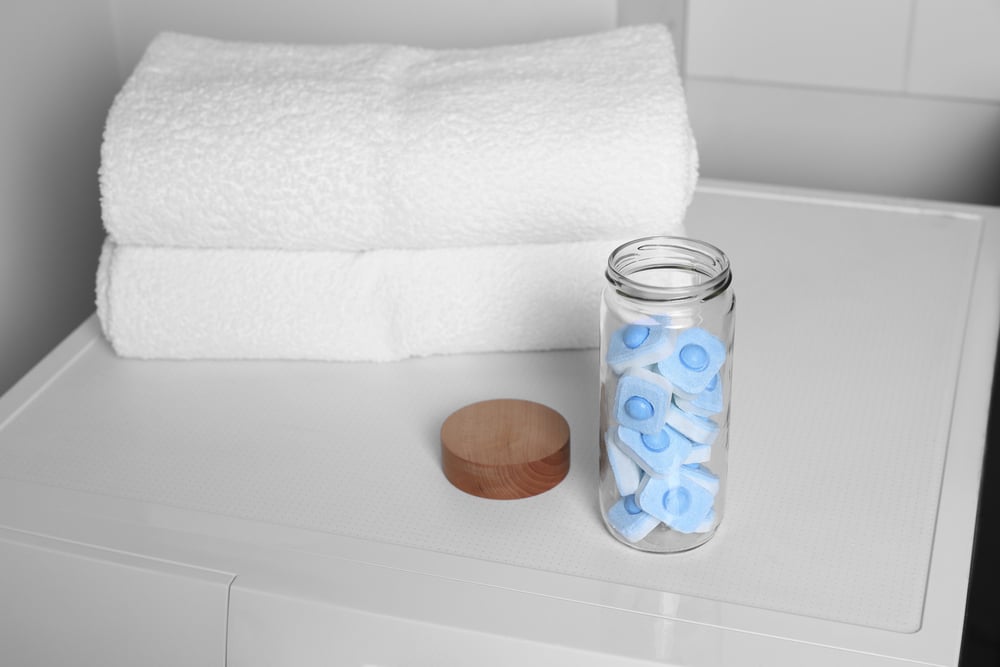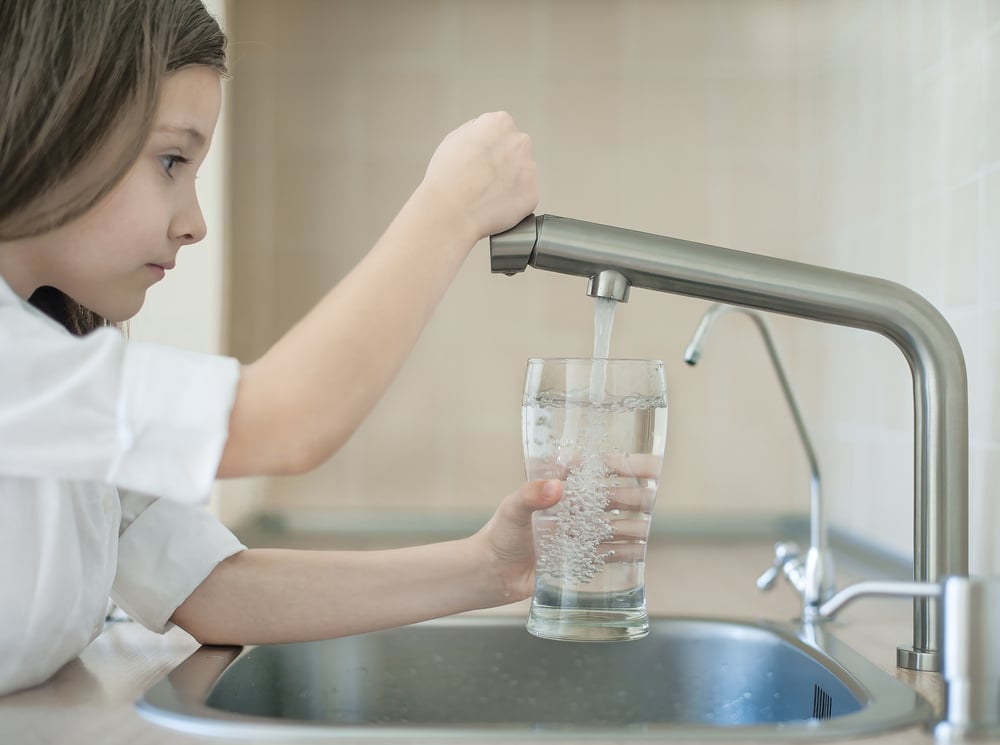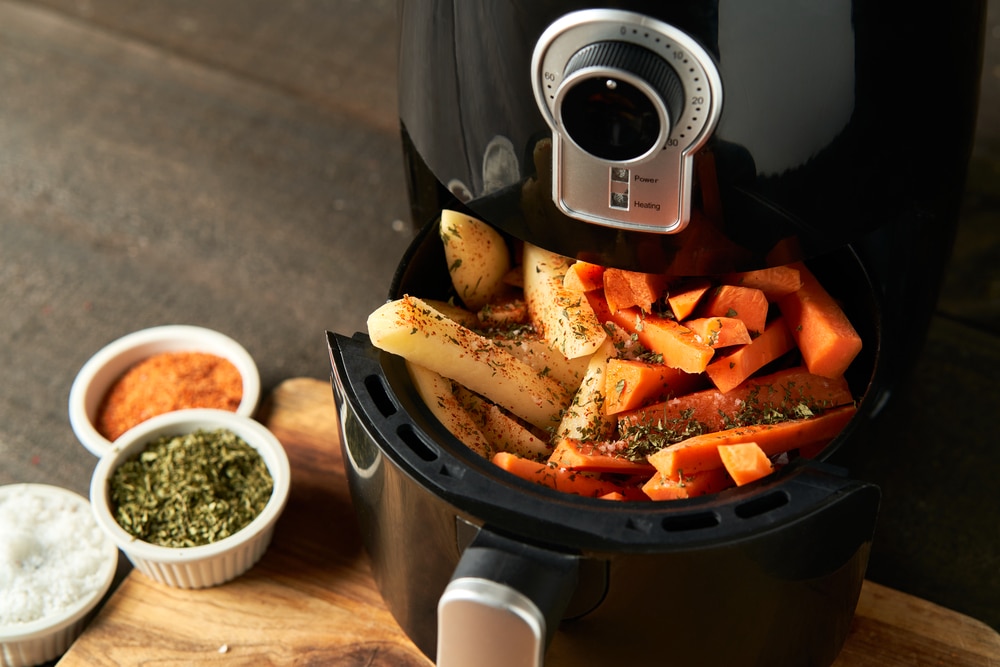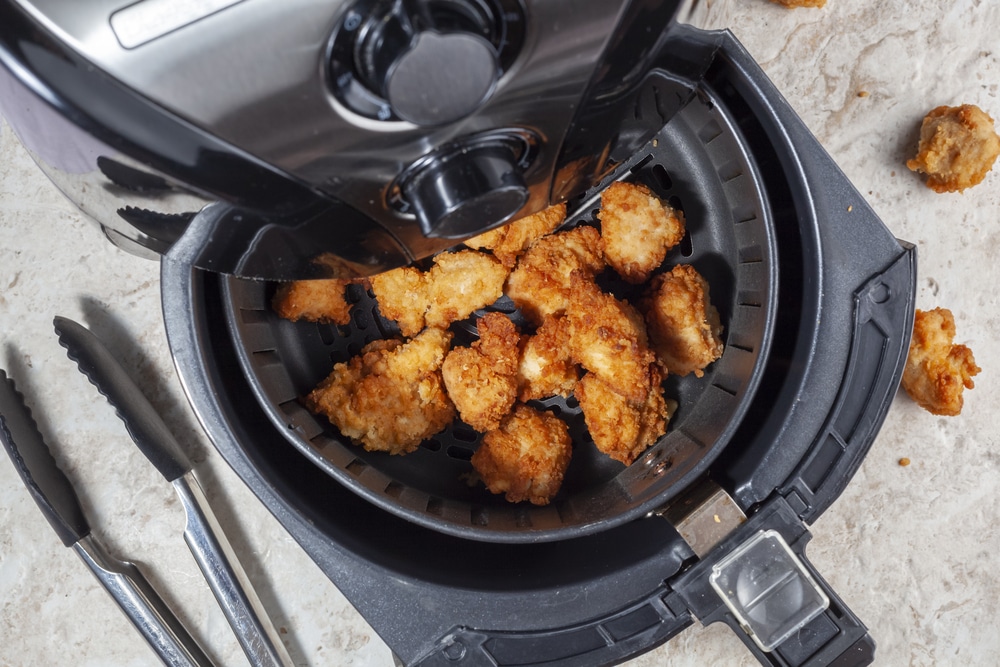Last Updated on
Learning how to soften water without a water softener might seem complex. After all, water softeners are specially designed to handle this process on your behalf. However, not everyone has the budget necessary to install a comprehensive water-softening system.
Fortunately, there are ways to soften your water at home without relying on water softeners. It can be done in various ways – from adding specific chemicals to using filters or simply boiling water before you use it.
The right strategy will remove excess dissolved minerals like calcium and magnesium from your water, so you can preserve your plumbing and eliminate many hard water issues.
How Can You Tell if You Have Hard Water?
Before you consider investing in strategies to soften your water, it might be worth determining just how “hard” your existing water flow actually is. Hard water can affect the taste and consistency of the water in your household. Here are some of the signs your water hardness levels are too high:
- Limited water flow: Excess minerals like calcium and magnesium in your water can make it harder for water to flow naturally. This could mean you notice you don’t get much pressure from your taps or shower.
- High energy bills: Dissolved calcium and other minerals in hard water can cause your heating system to work harder. This can cause your energy bills to skyrocket over time.
- Dry hair and skin: Hard water can damage skin and hair health by exposing your body to more minerals while showering. Mineral residue from your plumbing pipes can also cause skin irritation and rashes.
- You’re using more soap: If you have hard water, the minerals may affect how your shampoo and soaps work, reducing foam and increasing soap scum. You may also find your laundry loses colour and doesn’t clean as easily.
You can also test water hardness by using a “water test”. DIY tests can tell you more about your water pressure and the presence of certain minerals in your water flow. This may help you to decide if you need a water-softening system or whether it’s worth investing in a DIY project for water softening.
How to Soften Hard Water in Your Kitchen and Bathroom
If hard water is causing a limescale buildup in your kettle, ruining your showers, or influencing the taste of your water, there are a few ways you can address the issue without installing an ion exchange water softener. Quick fixes can include:
- Boiling your water: Boiling water in a kettle or pan before you drink it will help to separate some of the dissolved hard water minerals from the liquid. Softening your water through boiling removes excess minerals, improves taste, and makes it easier to cook and clean fruit or vegetables.
- Use bottled water: Using bottled water instead of tap water is one way to avoid the issues of drinking hard water. However, this can be an expensive process, so it’s not ideal if you want to save money. You may also end up wasting more plastic this way. A good alternative is to switch to a water filter jug, which can help to remove some of the minerals in your drinks.
- Shower, don’t bathe: Although a hot bath can be wonderful for relaxation, it also exposes your body to higher amounts of chemical buildup than a shower. You can also fit ion-exchange shower head filters which assist with softening the hardness of your water. Adding a small amount of apple cider vinegar to your shampoo can also reduce the amount of calcium and magnesium that builds up in your hair.
Keep in mind that hard water can still be used as drinking water, but some people prefer the taste of soft water. Hard water can even look slightly white or cloudy when poured from the tap.
Softening Water for Cleaning and Washing
There are other areas where hard water can also cause a problem.
A high hardness level in your water can make it harder to clean your whole household and your clothes. It can also contribute to limescale buildup in your washing machines and dishwashers. One widely recognised way to reduce this issue is to use your dishwasher and washing machines at cooler temperatures. Doing this will not only protect your dishes and garments but also reduce your environmental impact too.
Other ways to soften water for cleaning and washing purposes include:

- Use washing soda: Adding washing soda or sodium carbonate to your washing machine will soften your water without you needing to install a water softener. It can also help appliances to work more effectively.
- Use vinegar: White distilled vinegar or white vinegar are excellent for getting rid of some of the marks left by hard water. When removing stains from your home, use white vinegar to neutralise alkaline minerals like calcium.
- Choose the right cleaning products: Some products are specifically designed to fight against calcium carbonate and mineral deposits. These products usually include acidic substances like vinegar and lemon juice.
Bottom Line: Should I Install a Water Softener or Not?
Hard water doesn’t pose a health risk or impact human health most of the time. However, it can cause several problems, from itchy skin to water stains. Learning how to soften hard water with at-home hacks can be a great way to temporarily reduce your water hardness level. However, the methods above won’t stop your water from being hard.
Adding certain substances to your washing machine and cleaning bathrooms and other surfaces with vinegar will remove some of the side effects of hard water. However, the mineral deposits in your water can still build up in your plumbing.
If you find you have a high level of hard water, it might be beneficial to look into a small ion exchange filter or special water-softening devices to address the issue at its source. A water softener or water conditioner can tackle the hard water throughout your entire home at once.
If you’re struggling with learning how to soften water without a water softener, choosing to install a dedicated device may save you time, effort, and money in the long term. A house water softener can soften water naturally and deliver many benefits. However, you will need to determine whether installing a water softener is worth the time, effort, and cost.
Rebekah is a writer who loves to explore new products and find hacks that make life easier. She has a knack for all things home improvement, health and fitness. So you’ll often find her on Pinterest or browsing Houzz for ideas.
She’s always looking for the next thing to fix up around the house or what gadget might be just right for her lifestyle. Rebekah enjoys exploring new recipes, taking care of her family, and making sure she stays healthy with regular workouts at the gym.



